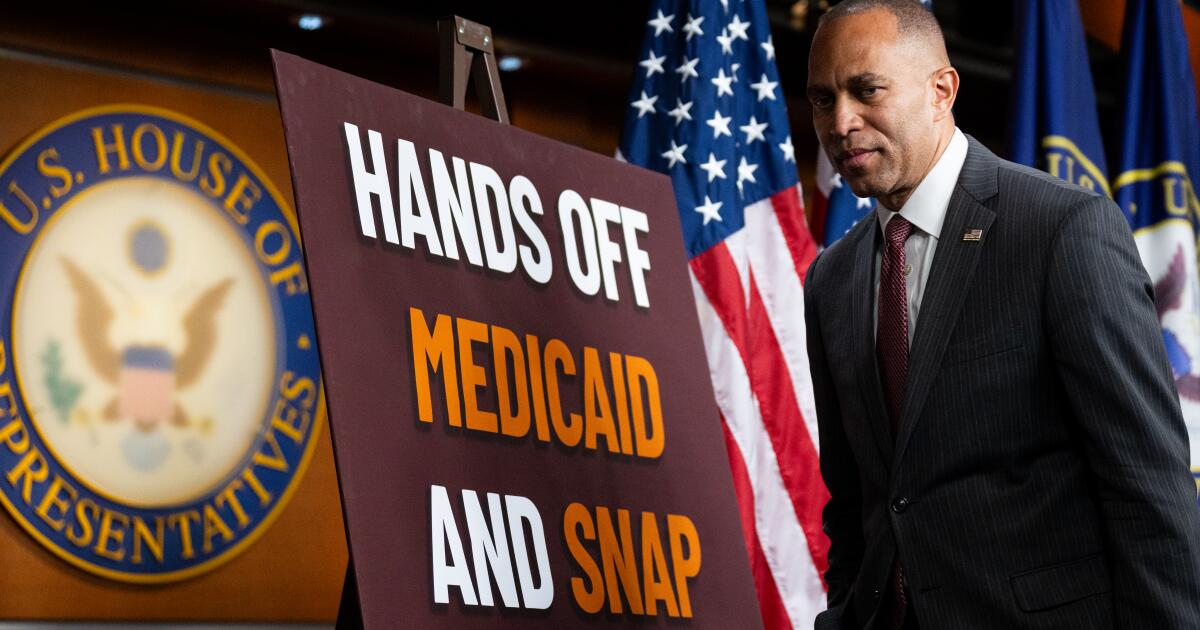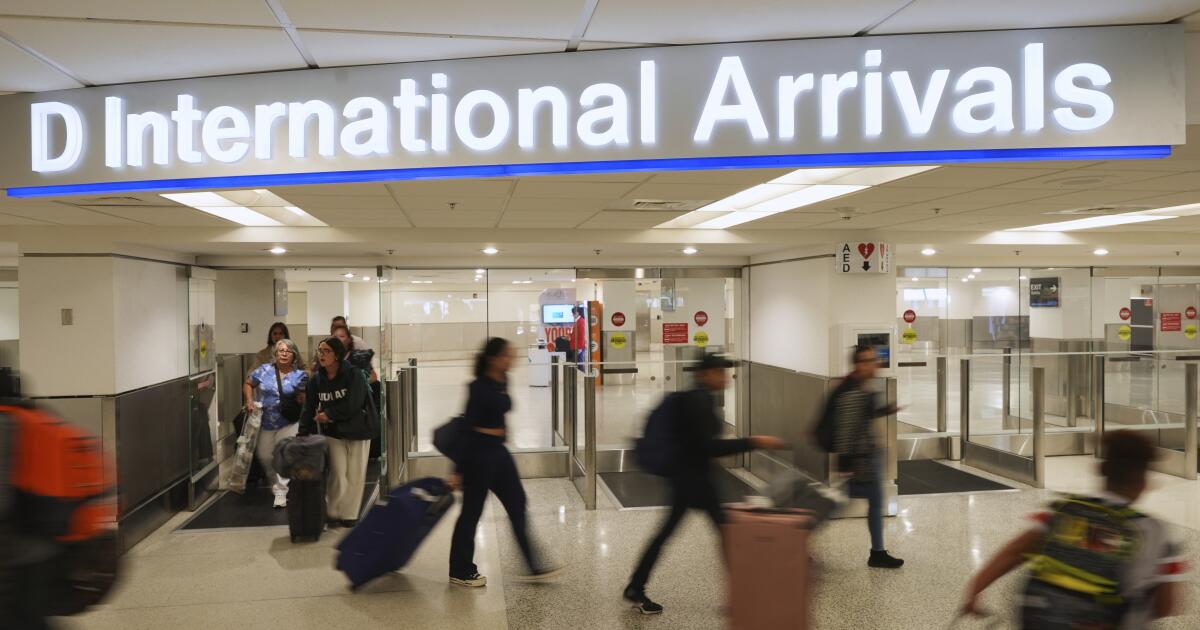BRUSSELS (Reuters) -NATO allies agreed on Wednesday to initiate planning on long-term military support for Ukraine, but a proposal by NATO Secretary General Jens Stoltenberg to do so via a 100 billion-euro ($107 billion) five-year fund drew mixed responses.
Ministers said such a fund would not be easy to put together. Ukraine said it would be welcome, but needed to be fresh money.
“We need to shift the dynamics of our support,” Stoltenberg said. “We must ensure reliable and predictable security assistance to Ukraine for the long haul … less on short-term offers and more on multi-year pledges.”
Stoltenberg’s proposal would also give the Western alliance a more direct role in coordinating the supply of arms, ammunition and equipment to Ukraine as it fights Russia’s invasion.
Under the plans, NATO would take over some coordination work from a U.S.-led ad-hoc coalition known as the Ramstein group – a move designed in part to guard against any cut in U.S. support if Donald Trump returns to the White House, diplomats said.
Stoltenberg said the aim was for a decision to be taken at a July summit of NATO member states’ leaders. NATO decisions require consensus among its 32 members.
Until now, NATO as an organisation has focused on non-lethal aid for Ukraine out of fears that a more direct role could trigger an escalation of tensions with Russia. Its members have provided billions of dollars in arms on a bilateral basis.
SCEPTICISM, SUPPORT
Initial reactions from across the alliance signalled a decision would require some work.
Hungarian Foreign Minister Peter Szijjarto “firmly stated Hungary will not back any @NATO proposals that might draw the alliance closer to war or shift it from a defensive to an offensive coalition,” government spokesman Zoltan Kovacs said on X.
Stoltenberg said having a more robust NATO framework would not change the alliance’s defensive nature, adding that he was confident that Hungary’s concerns could be addressed in the coming weeks.
Spanish Foreign Minister Jose Manuel Albares said he and others at the meeting warned against duplicating efforts between bilateral, European Union and NATO aid.
Italian Foreign Minister Antonio Tajani said the devil would be in the details. “We need to see how it would work for a country by country, what percentage,” he said.
“We need a legal basis, it’s a proposal that is certainly fascinating and interesting, but even before promising Ukraine an exact figure, it’s best to evaluate and study and understand how, when and what can be done, who must do what.”
German Foreign Minister Annalena Baerbock described the plan as “right and important”. Latvian Foreign Minister Krisjanis Karins also welcomed it, suggesting contributions could be a percentage of each member’s GDP.
Meanwhile, Russia said NATO had returned to a Cold War mindset as the alliance marks its 75th anniversary this week.
NATO has said Ukraine cannot join while it is at war with Russia but that it will become a member at some point.
($1 = 0.9288 euros)
(Additional reporting by Simon Lewis, Benoit Van Overstraeten, Nette Nostlinger, Geert De Clercq, Andreas Rinke and Inti Landauro; Writing by Ingrid Melander and Andrew Gray; Editing by Stephen Coates, Gareth Jones, Ros Russell and Sharon Singleton)

